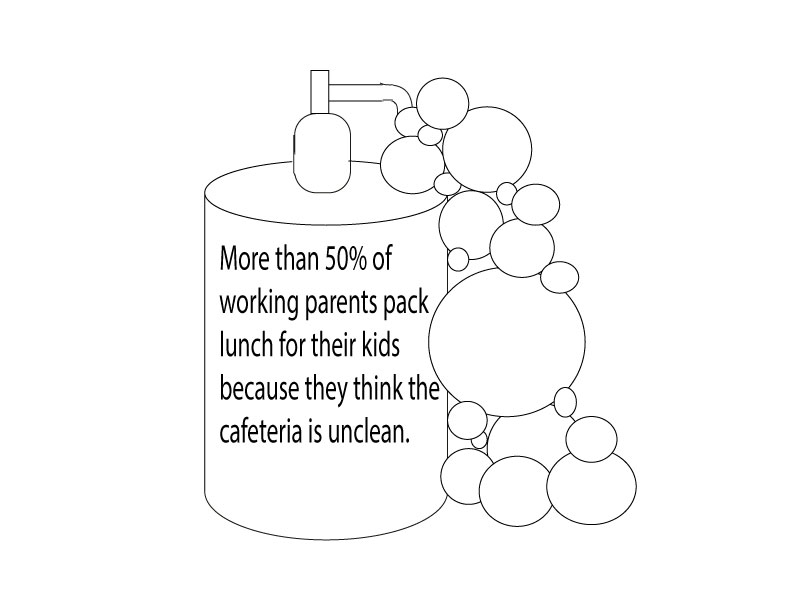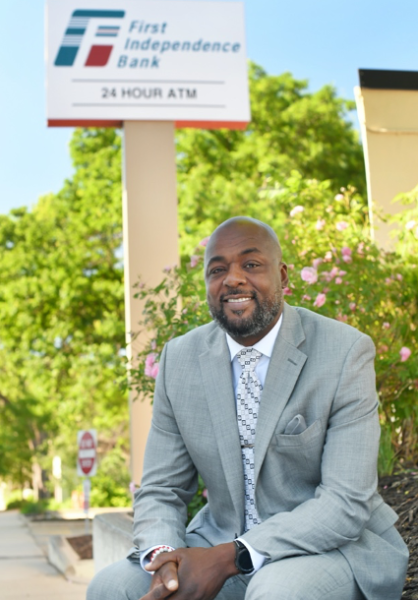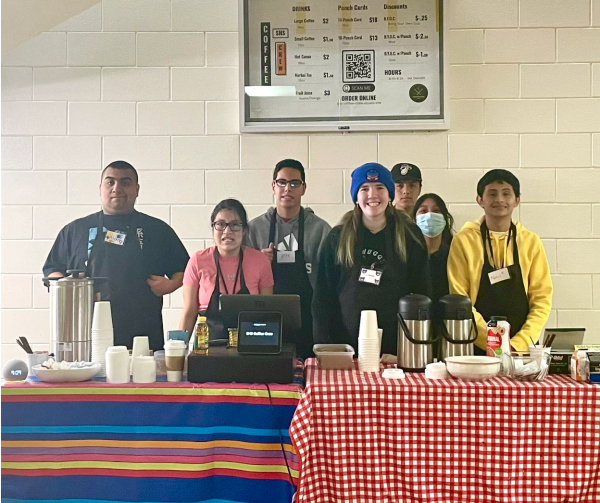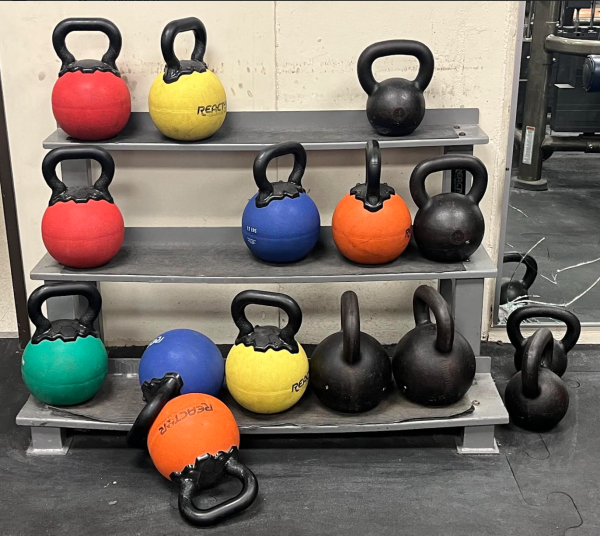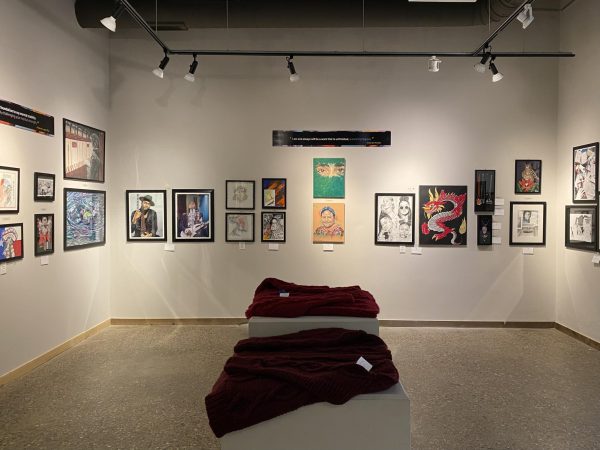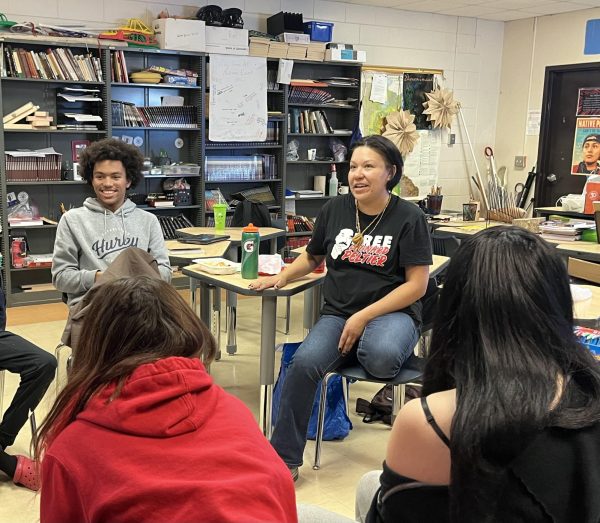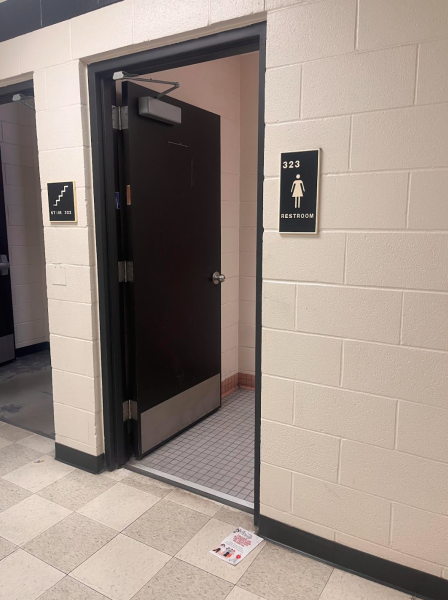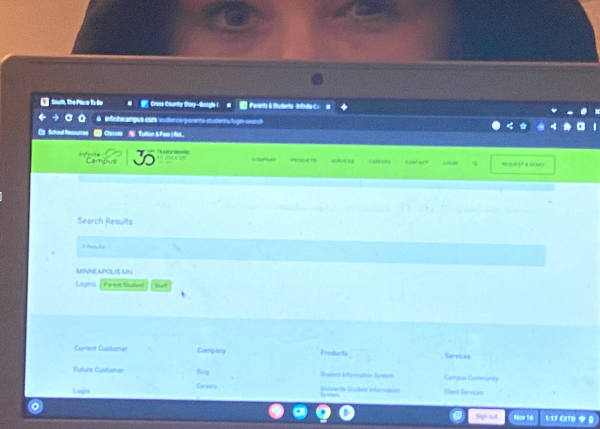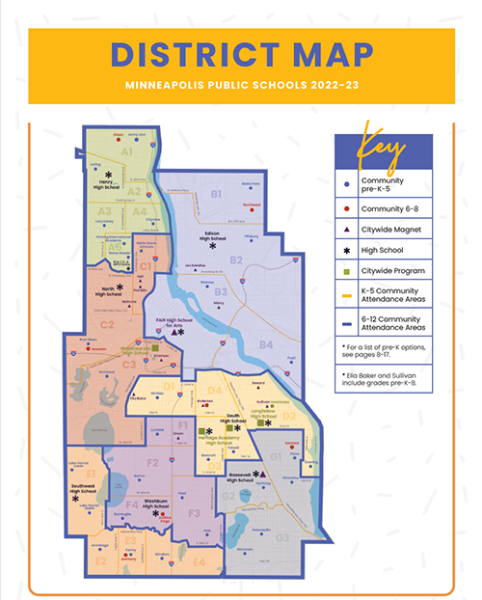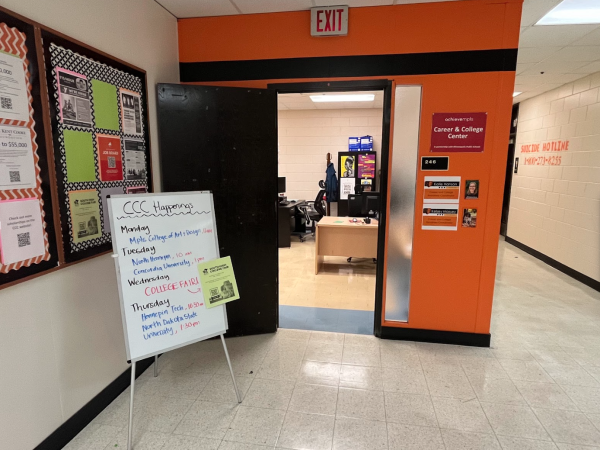How hyper-cleanliness could be making us sick
A statistic from the St. George’s University in the U.K. Dr. David Strachan lead this study and surveyed over 300 british children, some only children, and some with siblings to compare the effects of being around more germs.
Did your parents let you roll around in the dirt when you were little, or were you warned against the germs you might catch? Rolling around and getting dirty might have been better for your health according to recent studies.
This is based on the Hygiene-Hypothesis, which is a widely used hypothesis in medicine originally pitched by Professor David Strachan in 1989. The Hygiene-Hypothesis states that the lack of early childhood exposure to infectious agents and parasites increase the chance of allergies and other allergic diseases.
This is natural part of the human immune system and how it develops. The suppression of it can result in diseases ranging from allergies, to some forms of depression, and multiple sclerosis, a disease where the immune system eats away at the protective collection of nerves. Strachan analyzed data from 17,414 British children, comparing kids who grew up with siblings (and presumably, more germs), and kids who did not. Kids who grew up with siblings, were less likely to have allergies and eczema.
Mick Hamilton, a biology teacher at South, believes that the overuse of antibiotics contributes to people becoming more sick, because it kills off the “good critters.” He further explained, “It was a bigger thing, back in the late 90’s, everything was antibiotic, shower gel, handwash, but they [the cleaning companies] backed off more recently.”
Hamilton continued, “Pesticides don’t pick what to kill, you spray to kill one bug, and you kill the bees, and pesticides are a lot like antibiotics, you take something and it kills off the good stuff.” Hamilton said that there is a need for such things for us as humans, but it’s not selective between good and bad germs and they can also be bad for the environment.
Jennifer Alton, another biology teacher, talked about how historically the obsession with being clean has been a fad, and how that made it easier for companies to sell cleaning products. “If you don’t buy these things, you’re not clean. We understand germ theory, which we’ve had for several years now, but we don’t really understand microbiology, and all the microorganisms living in our bodies,” Alton said.
Immune systems are one of the most important things in our bodies, a suit of armor if you will, but a good suit of armor takes time to make, it needs to see what it can withstand and what it cannot. The early on exposure to germs and bugs teach our immune systems how to protect our bodies against them.
Overuse of antibiotics in the agriculture industry was a common theme brought up by biology teachers. Often times livestock, such as cows or chickens are injected with antibiotics to keep them healthy while in close proximity to other animals. When humans eat this meat they build up a bigger tolerance to the antibiotics making them more susceptible to different diseases.
Alton agreed that the agricultural industry is one of the biggest issues, but there is slow increasing awareness on how much better it is to have biodiversity in your body. “No one really want’s to talk about your gut bacteria. The more diverse that is the more healthier you are and that’s a useful piece of information,” said Alton.
Sophomore Aodhfionn De Dannen said that when he was younger, he played outside as much as possible. “As a science nerd I know that our immune systems are the smallest things in our bodies, and it’s annoying when people don’t take care of them!” he said.
Another biology teacher, Steve Smith, talked about how companies use hygiene to their advantage. An example of this would be if you say a soap ad and it read; “Reach ultimate cleanliness by buying this! Buy it! Buy it!”. Smith went on to say “I think simple soap and water is really all you need, you don’t need all this fancy stuff.”
Again, the consensus of the people that were spoken to was that new parents, and people in general don’t have the correct understanding of the use of antibiotics and harsh cleaning materials. It’s important to think for yourself and ask for help when needed.
Now once again, this doesn’t mean let your children go outside and eat the mushrooms they found growing in the backyard, but it doesn’t mean putting them in a bubble. Moderation is key.
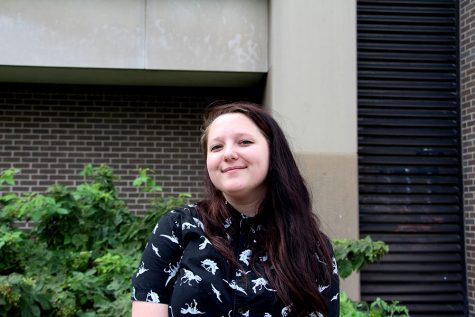
This is editor Lil Crawford’s 3rd year on the Southerner and her senior year at South High School. She first joined South’s newspaper her sophomore...

